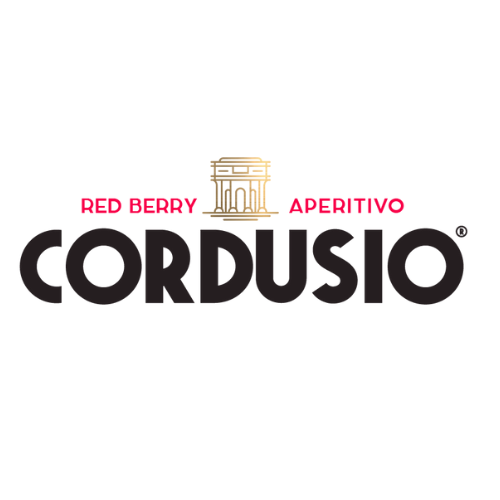

Cordusio Ltd

Hampshire, United Kingdom
May 2024
Beverages
Wholesale/Retail
Cyprus,
Denmark,
Greece,
Italy,
Malta,
Norway,
Sweden,
Switzerland,
United Kingdom
Cordusio believes in the essence of true craft, rooted in dedication and authenticity. Introduced in 2023 in Milan, Cordusio emerged from a deep-seated passion for creating an exceptional red berry aperitif. With a steadfast mission to deliver a 100% natural, ultra-premium experience that embodies the esteemed tradition of Italian craftsmanship and quality. Named after Milan's iconic piazza, Cordusio draws inspiration from its rich Italian heritage. Crafted using locally sourced botanicals, Cordusio is meticulously blended at 19.5% ABV and presented in an elegant scarlet-tinted glass bottle, reflecting its vibrant, natural hue. The result is a product of exquisite tartness, aromatic richness, and a perfect balance of bitterness and sweetness. Driven by a commitment to sustainability and excellence, Cordusio's values are shaped by a team of dedicated artisans who aim not only to produce top-tier spirits but also to foster a positive global impact. As Cordusio expands its footprint across Italy, Europe, and beyond, it remains dedicated to enhancing the aperitivo experience. Each sip of Cordusio embodies the team's passion for craftsmanship and their unwavering commitment to sustainability, making every moment a tribute to Italian heritage and a stride towards a brighter future f
Overall B Impact Score
Governance 15.5
Governance evaluates a company's overall mission, engagement around its social/environmental impact, ethics, and transparency. This section also evaluates the ability of a company to protect their mission and formally consider stakeholders in decision making through their corporate structure (e.g. benefit corporation) or corporate governing documents.
What is this? A company with an Impact Business Model is intentionally designed to create a specific positive outcome for one of its stakeholders - such as workers, community, environment, or customers.
Workers 26.9
Workers evaluates a company’s contributions to its employees’ financial security, health & safety, wellness, career development, and engagement & satisfaction. In addition, this section recognizes business models designed to benefit workers, such as companies that are at least 40% owned by non-executive employees and those that have workforce development programs to support individuals with barriers to employment.
Community 16.7
Community evaluates a company’s engagement with and impact on the communities in which it operates, hires from, and sources from. Topics include diversity, equity & inclusion, economic impact, civic engagement, charitable giving, and supply chain management. In addition, this section recognizes business models that are designed to address specific community-oriented problems, such as poverty alleviation through fair trade sourcing or distribution via microenterprises, producer cooperative models, locally focused economic development, and formal charitable giving commitments.
Environment 18.7
Environment evaluates a company’s overall environmental management practices as well as its impact on the air, climate, water, land, and biodiversity. This includes the direct impact of a company’s operations and, when applicable its supply chain and distribution channels. This section also recognizes companies with environmentally innovative production processes and those that sell products or services that have a positive environmental impact. Some examples might include products and services that create renewable energy, reduce consumption or waste, conserve land or wildlife, provide less toxic alternatives to the market, or educate people about environmental problems.
Customers 2.8
Customers evaluates a company’s stewardship of its customers through the quality of its products and services, ethical marketing, data privacy and security, and feedback channels. In addition, this section recognizes products or services that are designed to address a particular social problem for or through its customers, such as health or educational products, arts & media products, serving underserved customers/clients, and services that improve the social impact of other businesses or organizations.